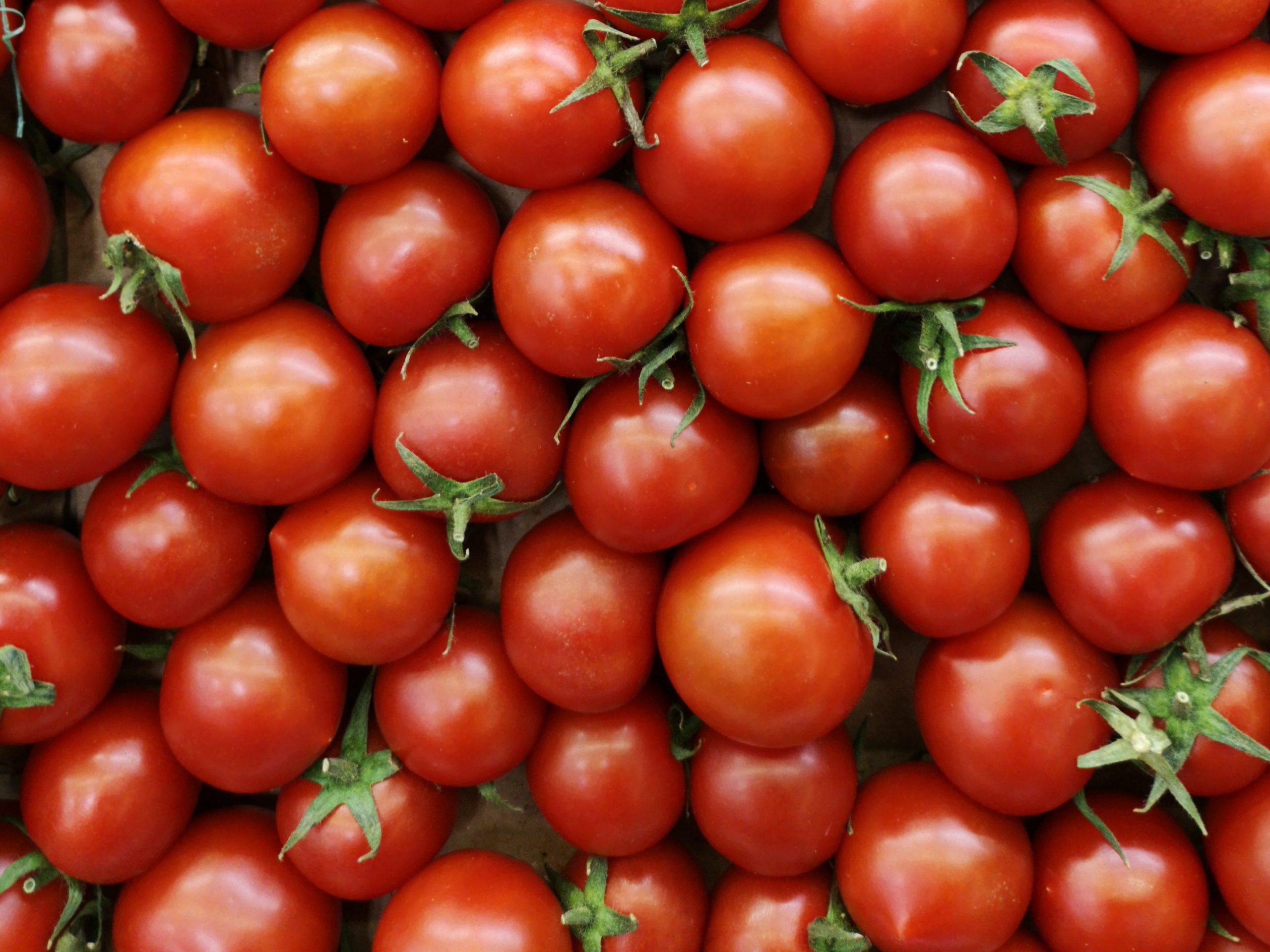Consumers are more health conscious now than ever with most taking a keen interest in where their food comes from and the production journey. For Organic September we’re focussing on why choosing organic produce following organic farming practices could help you on your health journey. Choosing organic is becoming easier with most supermarkets offering up organic alternatives to fridge favourites. See just some reasons to make the switch below.
Pesticides
The use of toxic pesticides is reduced in organic produce. Although some organic farmers use pesticides, they limit their use to all natural pesticides and must be approved to reduce to addition of synthetic chemicals. The use of insecticides, fungicides, fertilisers, and weed killer is strictly monitored in the production of organic food to ensure you’re getting as close to the natural produce as possible.
GMOs
GMOs are Genetically Modified Organisms and eating organic is the best method to avoid them as their use is prohibited in this form of farming. The regulation for organic produce means GMOs can’t be used from farm to table meaning a farmer can’t plant GMO seeds, their animals can’t eat GMO food and their recipes can’t be enhanced by GMOs.

Climate Change
With rising carbon dioxide levels in the atmosphere, organic farming supports carbon sequestration. Recent studies have shown that we could sequester 100% of our annual CO2 emissions if we were to switch to organic agricultural practices.
Similarly, to native ecosystems that act as carbon sinks, one of the main benefits of organic farming is that it focuses on soil-based production with the idea to maintain or improve the quality of the soil. The healthier soil then pulls carbon out of the atmosphere which counteracts climate change.

Flavour, Nutrients & Quality
Food farmed in an organic environment is often far more nutrient rich therefore more flavourful produce. In the same way a distressed animal won’t produce as good quality meat as one left to roam free, the flavour of stressed crops is dulled by the fact that it must spread its roots deeper to find nutrients rather than focus energy on the fruit or vegetable.
When it comes to meat and dairy produce, a study by the British Journal of Nutrition found that meat and milk farmed under organic conditions had roughly 50% more omega 3 fatty acids. Omega 3 fatty acids are a form of unsaturated, healthier fats making organic options better for the health conscious.
Peace of Mind
Many people decided to opt for organic farming especially when it comes to livestock as the animals are brought up in better, more humane environments. Organic standards for livestock require them to have plenty of space to inhabit, both indoors and outdoors, as well as fresh air. Standards also include better quality living conditions, higher food quality that doesn’t include GMOs and limited use of antibiotics meaning farmers can only use them, if necessary, opposed to routine use than non-organic livestock are often subjected to.

The option to go organic is far more widely stretched across produce in our supermarkets now than in previous years with some supermarkets offering a slightly cheaper price for organic produce that is imperfect or differently shaped to allow people to make the switch without breaking the bank.
To keep up to date with Inspire Catering and read more of our blogs see here: https://inspirecatering.co.uk/news/
